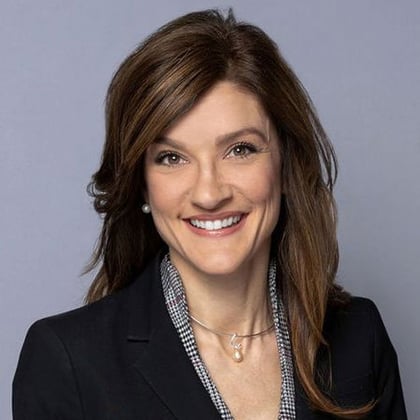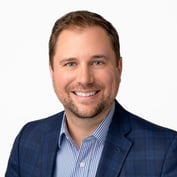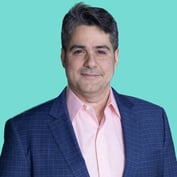Heather Robertson Fortner is not a financial advisor but surely understands what makes people tick, which is a big reason for her putting together advisor teams that deliver top-notch results and excellent client experiences.
Fortner is CEO and chair of Atlanta-based SignatureFD, which manages $7.4 billion in client assets.
“In our industry, where technical knowledge is paramount, it’s assumed that just because you have a CFA or CFP next to your name, you’re also a good leader of people,” Fortner argues in an interview with ThinkAdvisor.
“But,” she stresses, “you have to understand people even more than the technical components.”
Fortner, who started at the firm in 2003 as a client associate and was named CEO in 2020, has a master’s degree in professional counseling and has earned standing as an investment adviser certified compliance professional.
In the interview, Fortner, who serves on the Goldman Sachs Advisor Solutions Panel, describes her ascent to chief compliance officer, director of operations, president and ultimately to CEO, the firm’s first woman in the post.
She bucked, and clearly overcame, colleagues’ initial doubt that a non-advisor would be able to lead an RIA.
SignatureFD, which has 30 advisors and a second office in Charlotte, North Carolina, has had double-digit growth year after year ever since Fortner took over development of its operational platform and tech stack.
But what she takes most pride in is inspiring women who have worked at the firm for several years to qualify for leadership positions. Today, SignatureFD’s leadership team is 78% female.
In the recent interview with Fortner, she details two major upcoming trends: the huge wealth transfer among individuals and the next generation’s shift to new technologies that will emerge in five years.
Here are excerpts from that phone conversation:
THINKADVISOR: As CEO of SignatureFD, what’s been your biggest success?
HEATHER FORTNER: I’m most proud that our senior leadership team is majority-female, women who have spent many, many years growing up with our organization.
I’ve had a large part in helping them learn what they needed in order to be excellent at their craft.
I believe that our firm is uniquely positioned for the future as a women-led organization.
What lessons have you learned as CEO?
One that I really hold dear is understanding that your IQ is almost not as important as your EQ [emotional quotient].
I have a graduate degree in professional counseling, so I feel that I’ve had a little bit of an unfair advantage in understanding people and systems and the importance of how those work together.
In our industry, where technical knowledge is paramount, it’s assumed that just because you have a CFA or CFP next to your name, you’re also a good leader of people.
But you have to understand people even more than the technical components of the business.
Have you made any mistakes as CEO?
Two things I really got wrong. One was when I became CEO in 2020, there was the assumption that a non-advisor couldn’t lead a registered investment advisor services firm.
I don’t serve clients, and there was this real belief voiced over and over again that a non-advisor couldn’t lead an advisory firm.
So one of my biggest mistakes was allowing that doubt to really get into my head, and I killed myself to get results that I thought would speak to the fact that I was qualified to be in that seat.
I probably could have pulled back a little and not spent as much time trying to prove to everybody that I was worthy of it.
What was the other thing you got wrong?
When I became CEO at 45, I thought I had to give up the dream of having a second baby because of that first mistake I just mentioned:
They don’t even think I can do this job — so how in the world would getting pregnant and having a baby at the same time I’m trying to prove I’m worthy to be a CEO help anything?
But [my colleagues] were so overjoyed for me when I got pregnant again.
Ultimately, I trusted that people I’d been on this journey with for so long truly had my best interest at heart.
Any other big learning experience?
In organizations and leadership, there’s a level of [corporate] political acumen that’s required to navigate [the system].
I don’t think you can just put your head down and not have to understand how to operate in that world of leadership and governance bodies.
My assumption was that if I just didn’t engage in a lot of that conversation, it would all be fine. But I really had to learn to hit it head-on.
Has the firm always focused on high-net-worth clients?
Yes, because of our origins. The three original founders had an accounting firm and wanted to [do more financial planning with clients].
They agreed that there was an opportunity for them to lean into the executive and business owner community that they already had relationships with.
It was a wonderful way to seed the business.








 December 04, 2023 at 03:30 PM
December 04, 2023 at 03:30 PM












 Copyright © 2024 ALM Global, LLC. All Rights Reserved.
Copyright © 2024 ALM Global, LLC. All Rights Reserved.